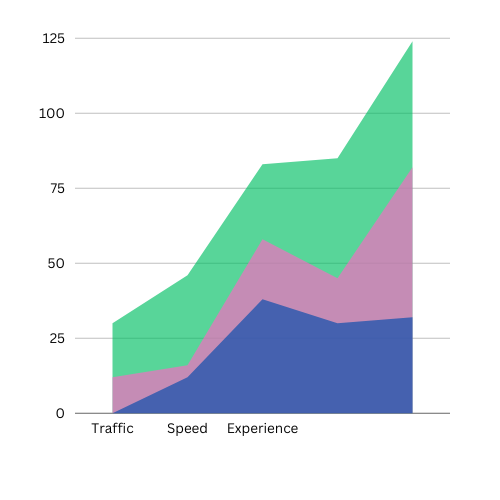
On-page SEO
Drive more traffic to your website and help you achieve your business goals.
On-page SEO is important because it helps search engines understand what a web page is about, and whether it is relevant and valuable to users’ search queries. When a search engine crawls a web page, it analyzes various on-page elements to determine its relevance to particular search terms
- Content Quality
- Keyword Usage
- Meta Tags
- URL Structure
- Internal Linking



Here are 7 important on-page SEO methods that you should focus on:
On-page SEO refers to the practices that you can implement on your website pages to optimize them for search engines.
- Content Quality and Relevance
- Title Tags and Meta Descriptions
- Header Tags
- URL Structure
- Internal Linking
- Image Optimization
- Page Speed

Creating high-quality, engaging, and informative content is essential for on-page SEO. This includes using relevant keywords and providing value to the user. Make sure your content is well-organized, easy to read, and includes images and videos where appropriate.
Proper keyword optimization is crucial for on-page SEO. This includes using relevant keywords in the title tag, meta description, header tags, and body copy. However, avoid keyword stuffing, as it can lead to penalties from search engines.
The URL structure of a webpage is an important on-page SEO factor. Use descriptive and user-friendly URLs that accurately describe the content of the page. Include your primary keyword in the URL if possible, and avoid using long or complicated URLs.




